Warning: Illegal string offset 'source_type' in /home/mychutej/public_html/blog/wp-content/plugins/egany-facebook-to-wp/egany_facebook_to_wordpress.php on line 1099
In the words of the Dr. Ambrose Talisuna, who led the WHO External Expert team, Nigeria’s assessment process is high quality…
In the recent past, countries would conduct a self-assessment of their capacities to prevent, detect and respond to disease outbreaks. Given the political economics of ranking the strength of health systems, countries were assigned a rank and capacity unmatched to their specific vulnerabilities.
The Ebola Outbreak in West Africa between 2013 and 2015 exposed the flaw of this methodology. Countries that had previously had assigned to them, sustainable capabilities in key areas fell flat in the wake of a contagious viral disease which took the lives of over 13,000 persons across the West African subregion, and spread to Europe and even North America.
In response to this, a new approach was developed and adopted by the World Health Organisation in February 2016.
The Joint External Evaluation (JEE) is a voluntary process that comprises a national self-assessment and an external evaluation with experts from all relevant sectors such as human and animal health, food safety, agriculture, defence and public safety.
Nigeria’s capacity to respond to Ebola received global recognition and indeed influenced the regional control of the outbreak as the country deployed a large proportion of personnel in support of the African Union-led deployment of volunteers through the Africa Union Support to the Ebola Outbreak in West Africa (ASEOWA) initiative.
In spite of this apt response, the country continues to deal with other endemic and perennial disease outbreaks such as Lassa Fever, Meningitis and Measles, amongst others. While this might appear a mismatch, the only way the country will be able to pinpoint areas of strength and weakness will be through objective methods such as the process the Joint External Evaluation offers.
While we await the full report of the evaluation from the Nigeria Centre for Disease Control (NCDC), it is evident that Nigeria and her external assessors identified that the country’s capacity varies; but may be ranked low to average across the 19 core capacities. This portends that a significant commitment to strengthening is required as the gaps to be filled in Africa’s most populous country are now clear.
At the closing ceremony of the JEE session in Abuja, Nigeria’s Minister of Health, Prof. Isaac Adewole committed to Nigeria’s readiness to drive a viable process towards sustainable capacity. This will serve as a fresh slate, where fault lines are identified, commitments are made and transparent engagement is the benchmark.
Nigeria’s Minister of Health, Prof. Isaac Adewole
Nigeria’s International Health Regulations (IHR) focal point and Secretariat is within the purview of the NCDC and we look forward to the implementation and coordination of priority areas of action, as well as a stronger capacity to prevent, detect and respond to disease threats in the country.
In the words of the Dr. Ambrose Talisuna, who led the WHO External Expert team, Nigeria’s assessment process is high quality. This means the outcomes are reliable and thus should serve as basis for action and national reforms as is expected of the Joint External Evaluation.
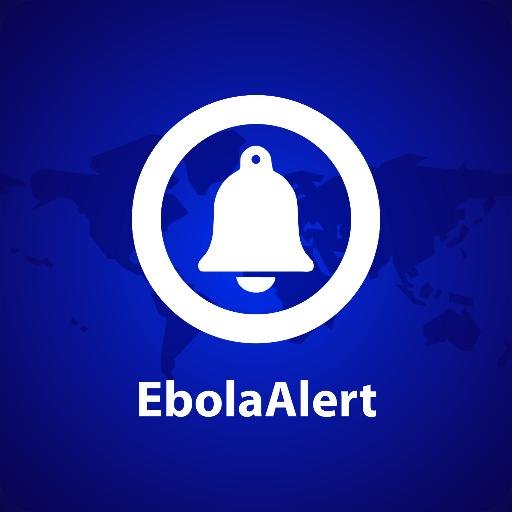
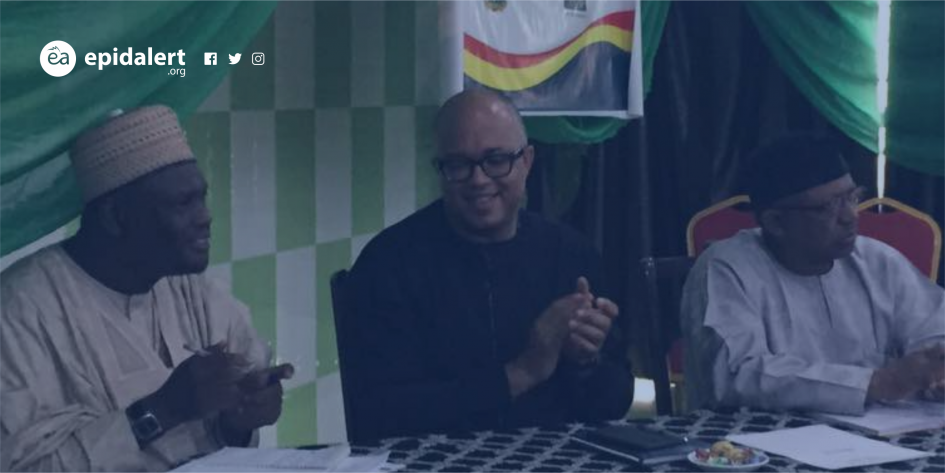
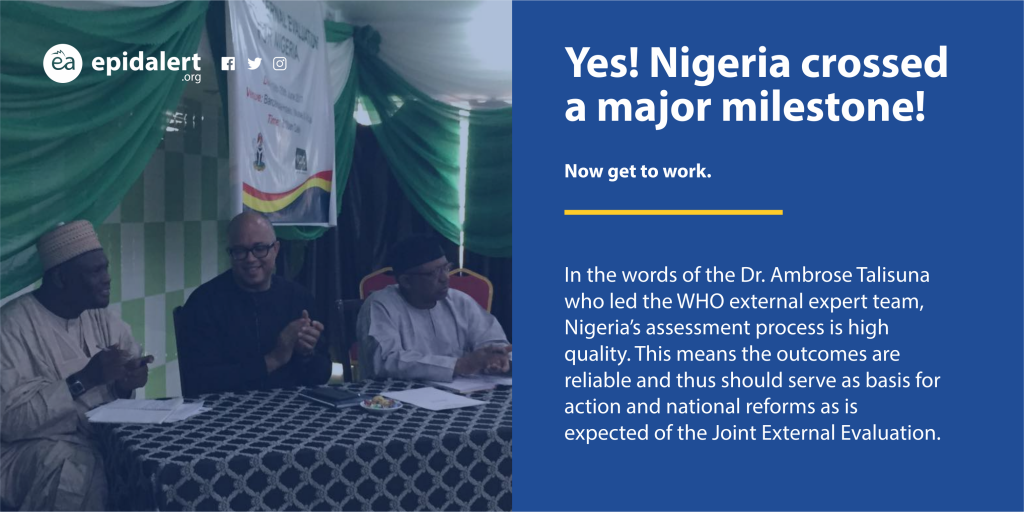
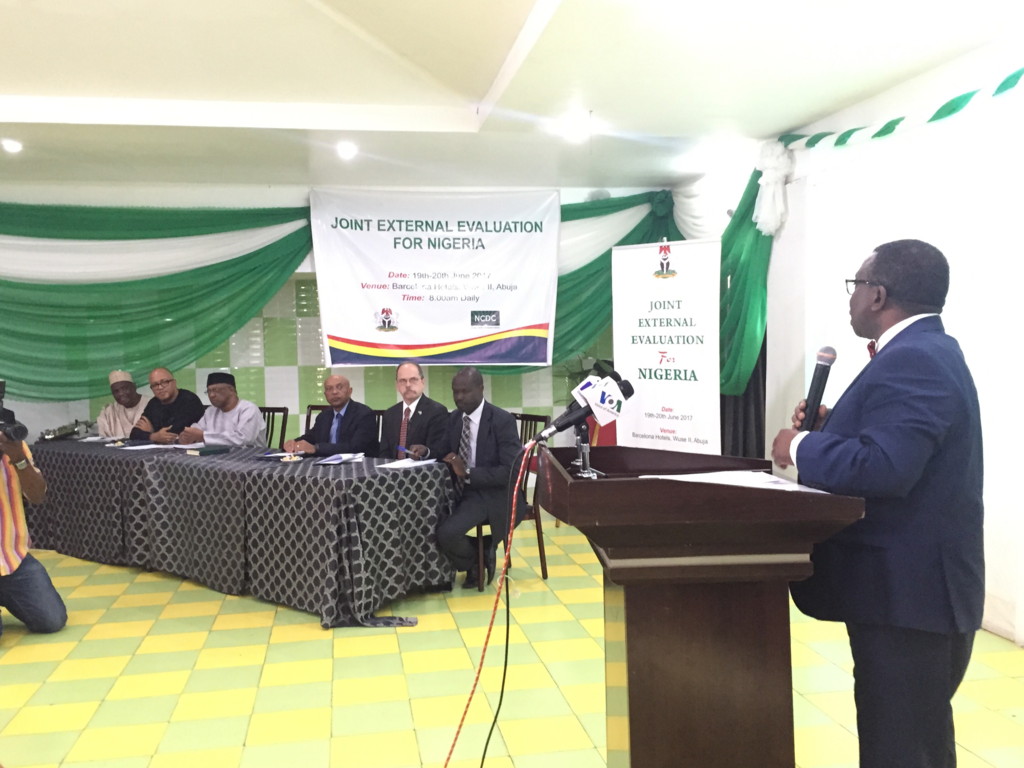

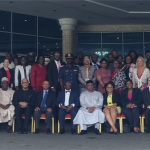
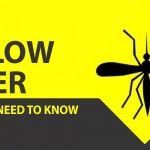

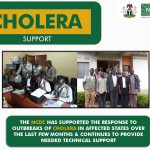






Leave a Reply